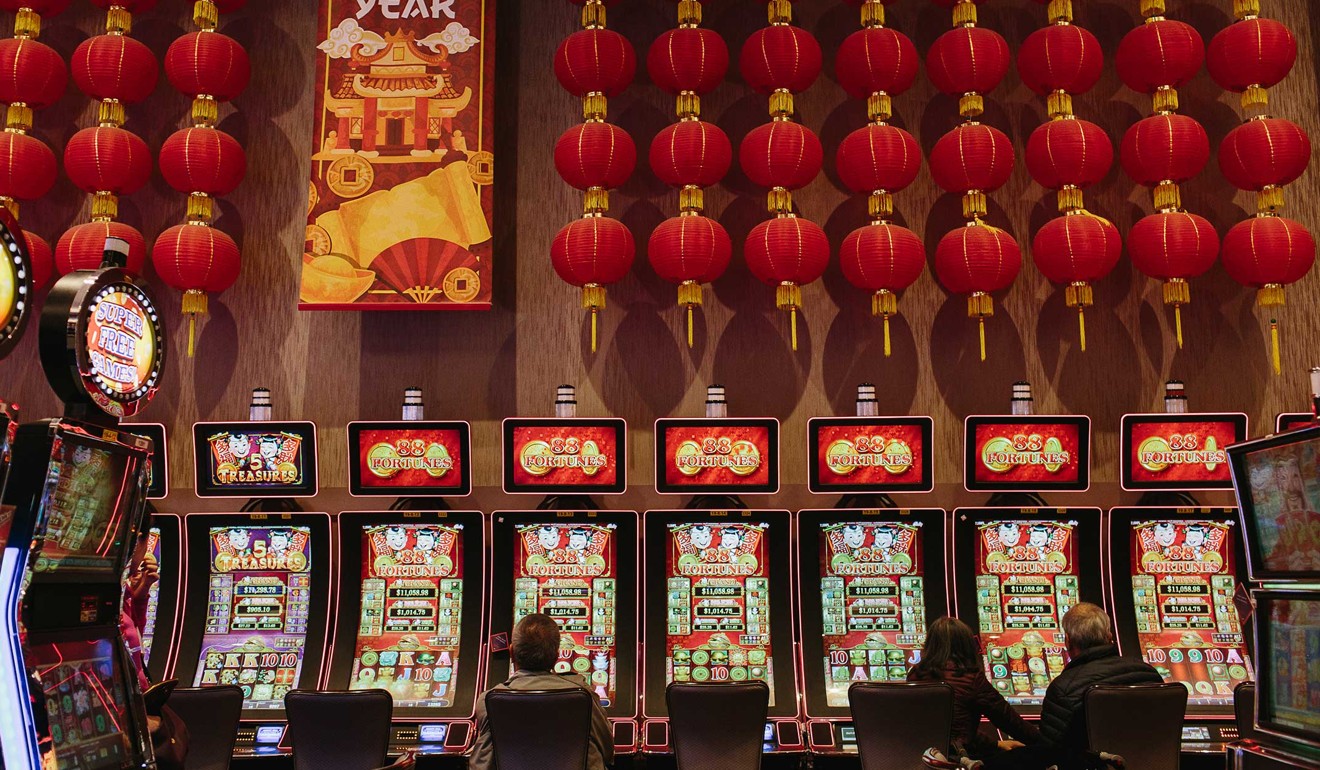
Money-laundering crackdown is just a way to blame Chinese cash for Vancouver’s unaffordable housing
- Documenting the origin of every dollar is impossible and while the new Land Owner Transparency Act may reveal Chinese are main buyers of luxury real estate, this is no fodder for money-laundering claims, only for jealousy
A joke about Canadians is that they hate rich people — but if they become rich, then they say they hate poor people. Such is the “culture of envy” that flourishes in a country based on political correctness.
The investigation fails to grasp a basic understanding of global capital flow, financial regulations, current practices of “know your client”, and anti-money-laundering policies. Most of all, the province has little jurisdiction over what are federal issues. It is mainly a public-relations exercise chasing the ghost of the Chinese money launderer.
No one advocates money laundering, because it flows from predicate offences such as tax avoidance and other criminal activities. Tax planning is not necessarily illegal tax avoidance. But asking foreigners to justify the ultimate origin of every dollar is trying to prove a negative — that they have no criminal intent — which is impossible.

Stifling or delaying legitimate bank transfers, demanding to know the ultimate source of funds or a complete history of how a business or person is financed will only discourage legitimate investment and home purchases.
Private bankers say Asian clients are perplexed by the need for such intimate details. One client answered that her primary source of income was “two divorces”. Another was asked who originally funded his business decades ago. He said, “my uncle”, and could not produce documentation because many Asian relatives do not execute contracts among each other.
Knowing your client and anti-money-laundering policies are risk-weighted functions where a financial institution considers aspects of a client’s or financial counterparty’s background to determine access to accounts and services.
Money laundering has become a conflated term. People frequently move money around from overseas to local accounts. That is not necessarily money laundering
Money laundering at a casino is relatively easy to understand. Drug dealers show up at a casino with suitcases full of cash and deposit it with the casino. They proceed to lose the required amount by gambling.
Then they ask the casino for a cheque for the balance. Pretty simple and easy to stop with strong know-your-client measures like registering each gambler and anti-money-laundering enforcement.
What next for Vancouver, a city awash with too much Chinese money?
I can show you an even easier way to launder money inside a casino. Take the person you want to transfer money to over to the baccarat table. Declare yourself to “go bank” by having the dealer pass the shoe to you. Then, as the dealer, proceed to lose the amount you wish to launder. Cash your chips. Do not forget to tip the croupier and floor manager for their cooperation.
In 2015, Canada’s Supreme Court ruled that lawyers no longer have to disclose suspicious transactions of money laundering or terror financing because it would undermine solicitor-client privilege, which left Canadian real estate wide open for international money launderers.

Previously, Canada had no requirement to disclose the beneficial owner of real estate. Foreigners can simply use a trust or a private Canadian company to buy a house and disguise its ownership. There is no way for even the government to know the percentage of foreign ownership of Canadian real estate.
But, in May, the British Columbia government passed the Land Owner Transparency Act, which requires full disclosure of beneficial ownership.
Criminal gangs, wealthy Chinese launder US$75m in Canadian casinos
Yet it might only reveal that Chinese are the main buyers of luxury real estate, which is not necessarily money laundering but a source of jealousy. Or it could decimate the market by discouraging investment.
Money laundering has become a conflated term. People frequently move money around from overseas to local accounts. That is not necessarily money laundering. And it is not when the foreigner sells the property. No, the funds were already legitimate when they were received. Legal services and real estate cannot be paid for in hard cash.
Authorities need to provide evidence of actual real-estate money laundering rather than making baseless allegations. It is important for Vancouver media to report what actually happened, not what some people would like to believe happened. Otherwise, the government is recklessly endangering the real estate market and British Columbia’s economy.
Peter Guy is a financial writer and former international banker

